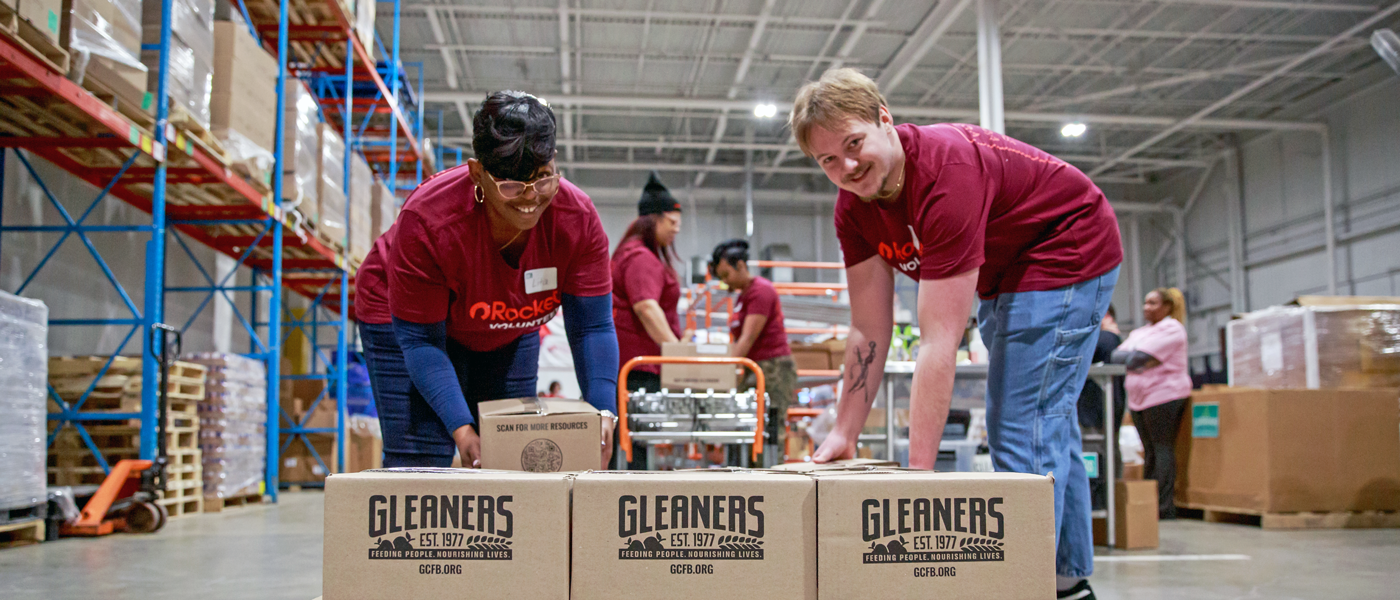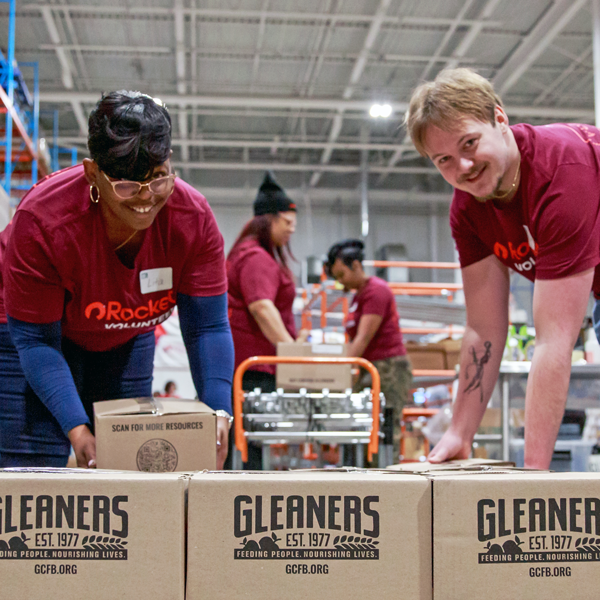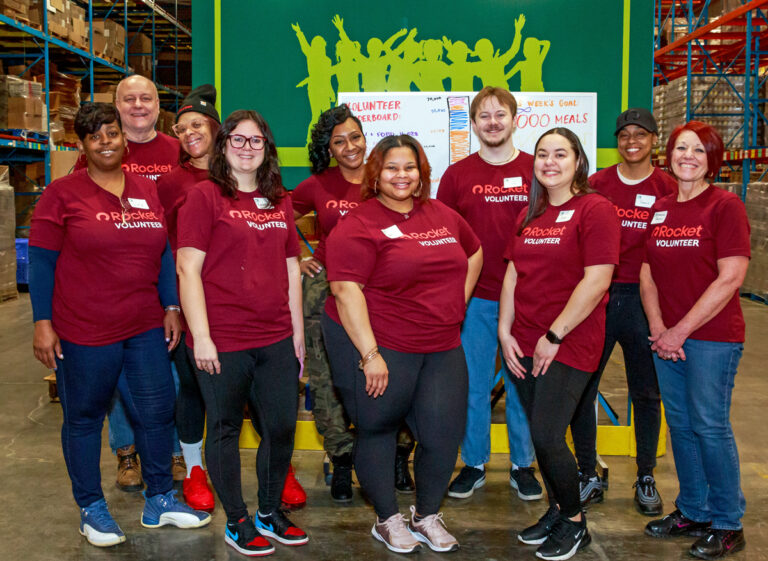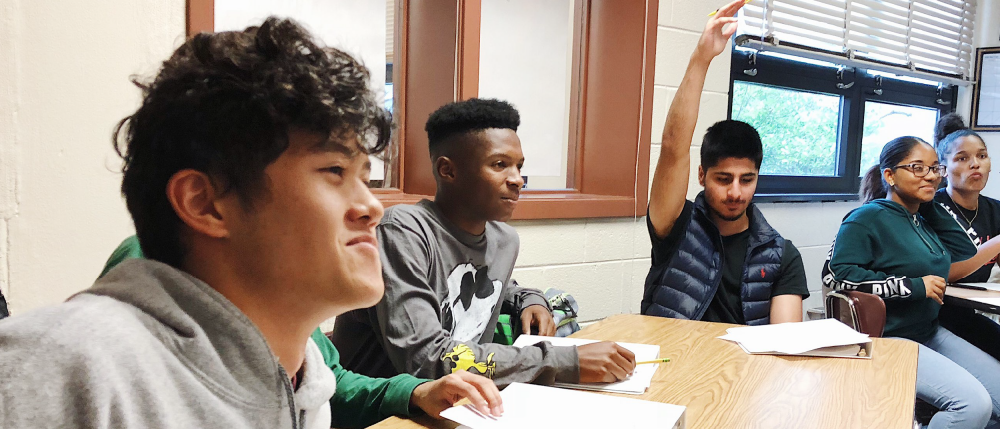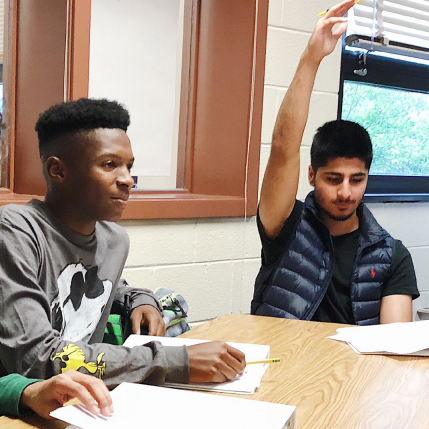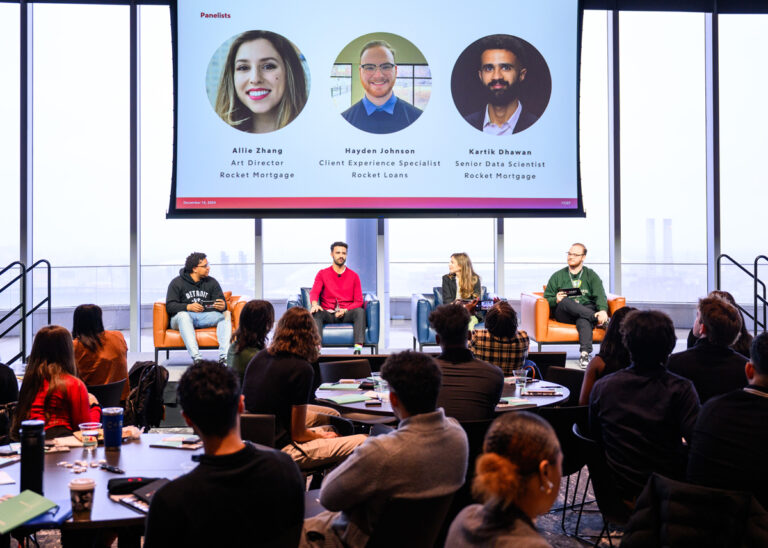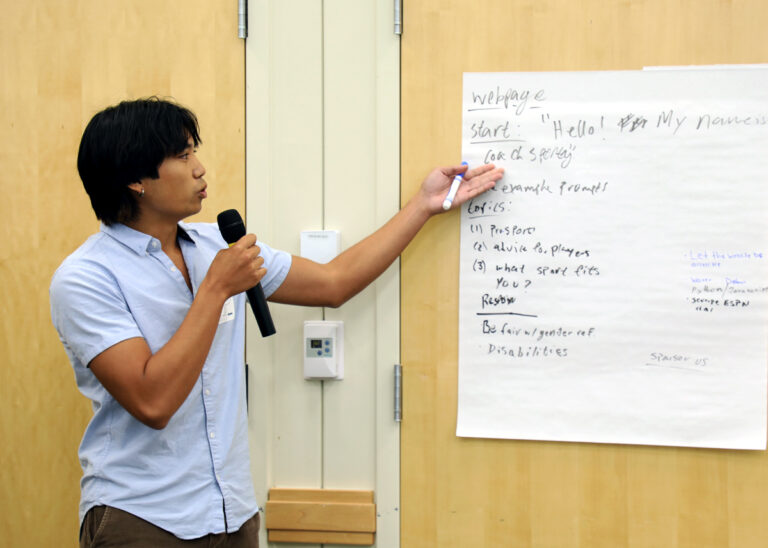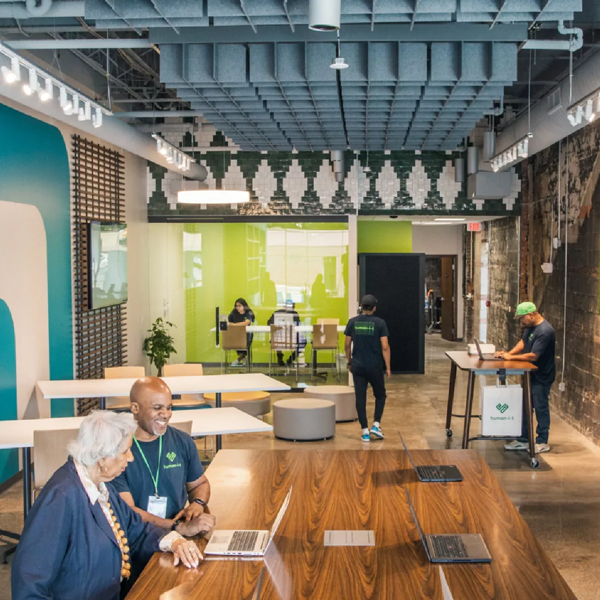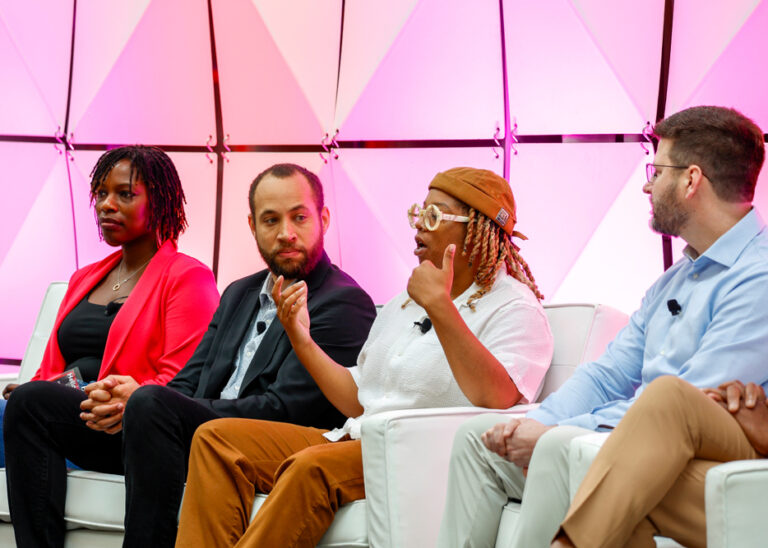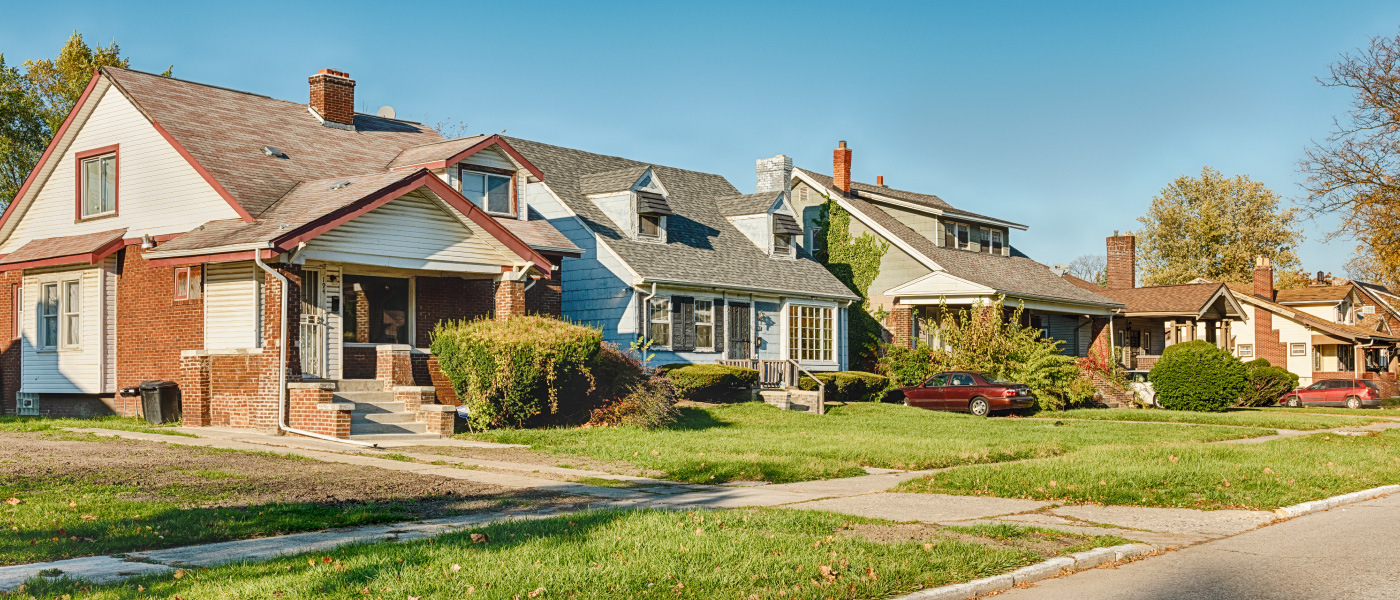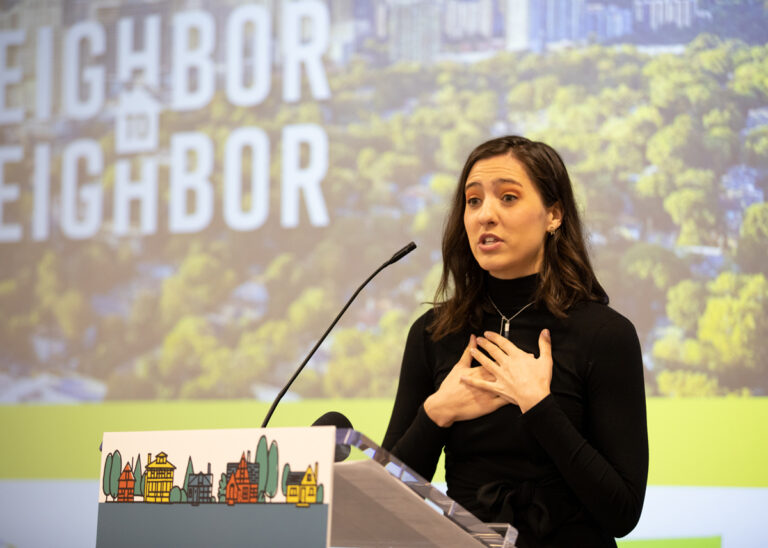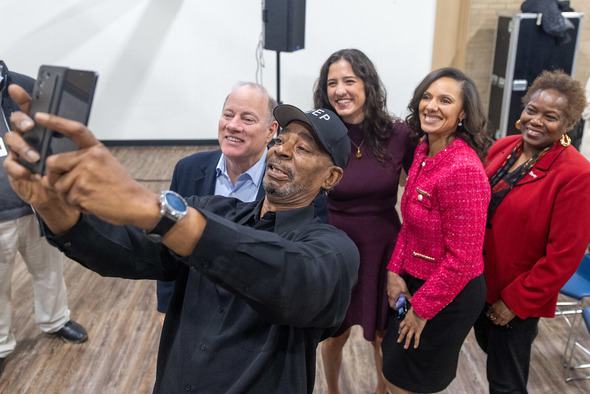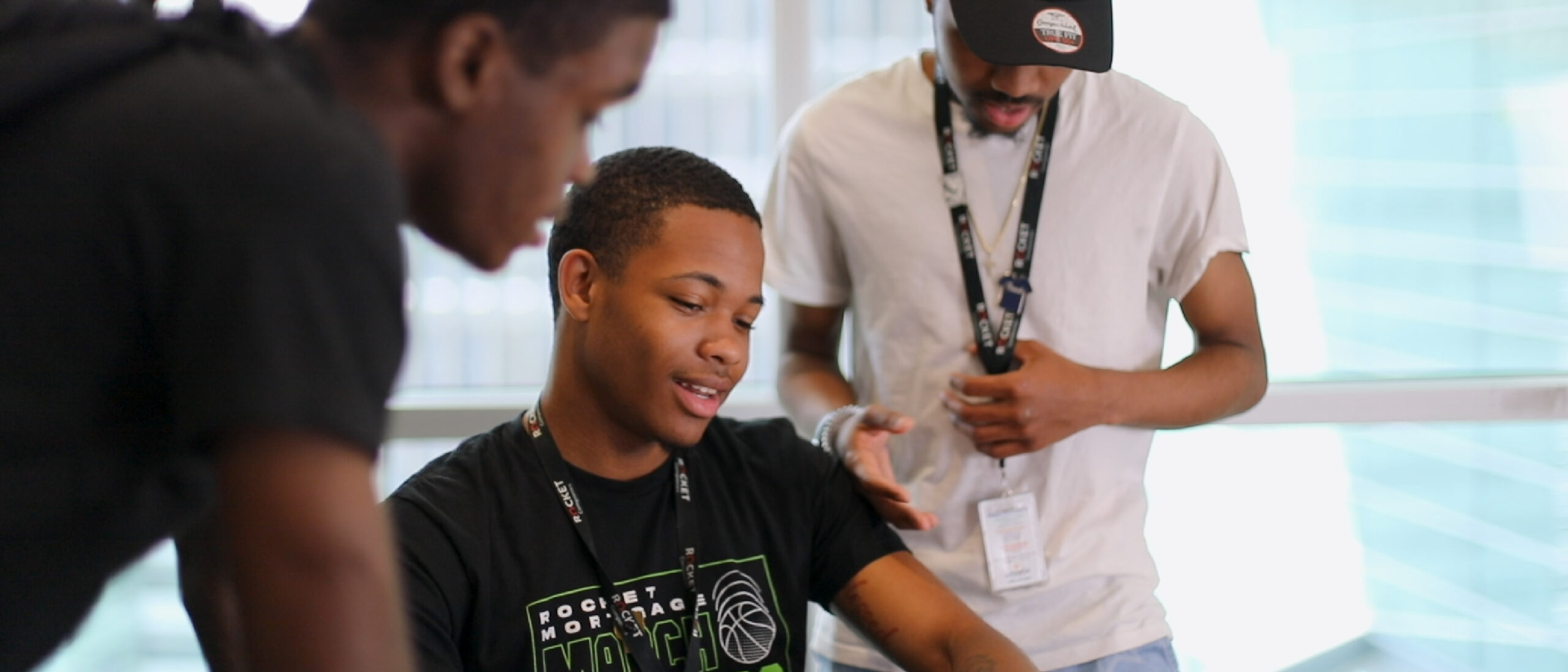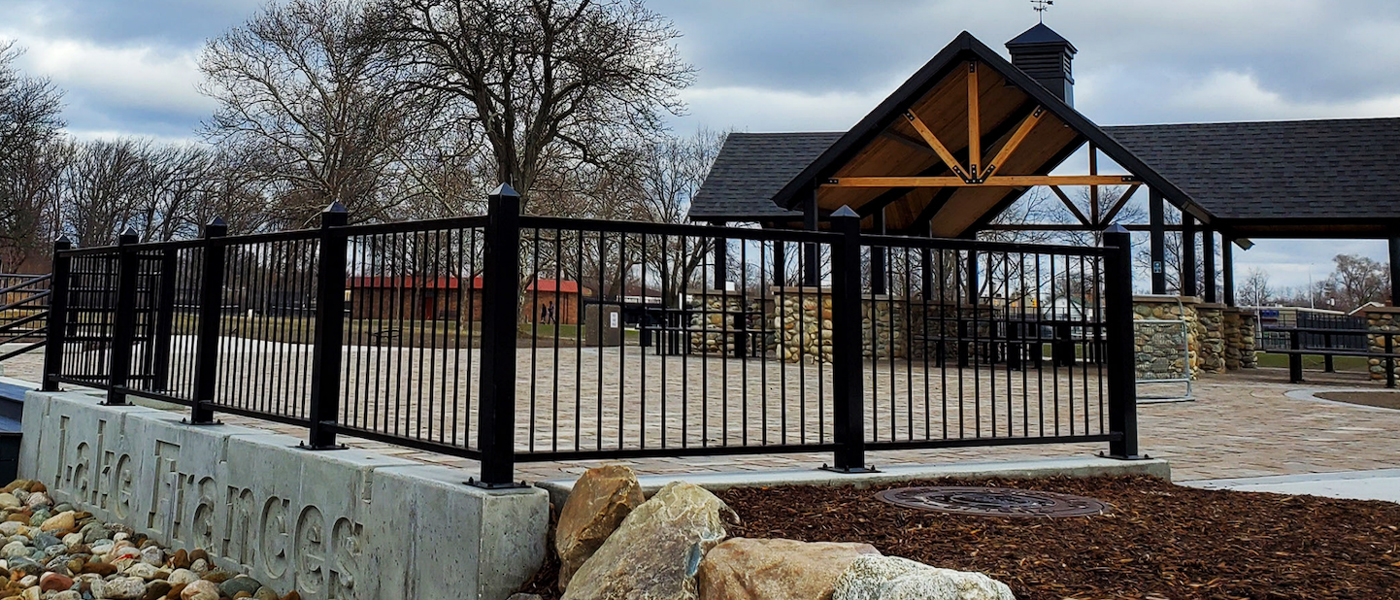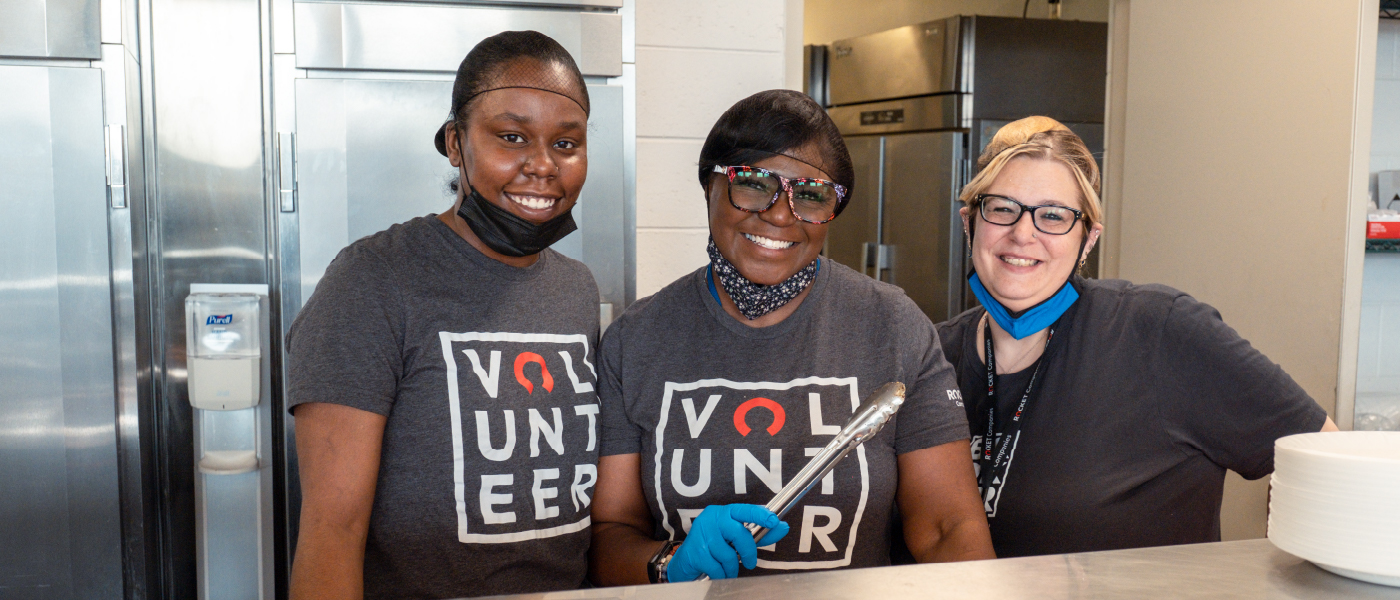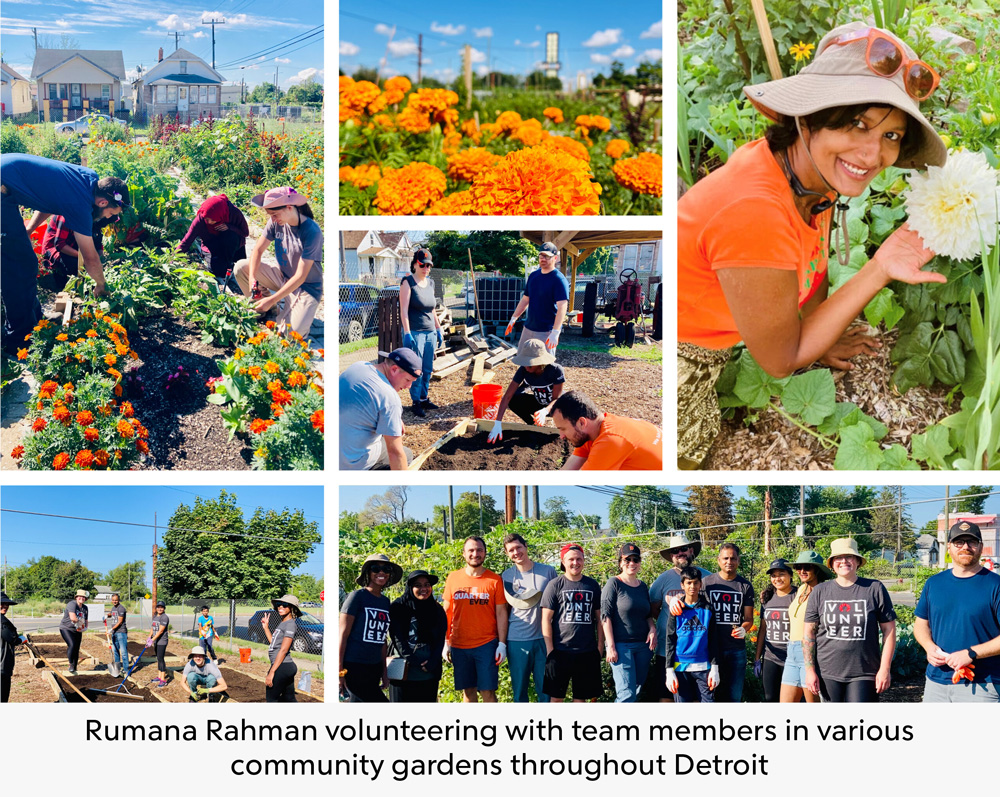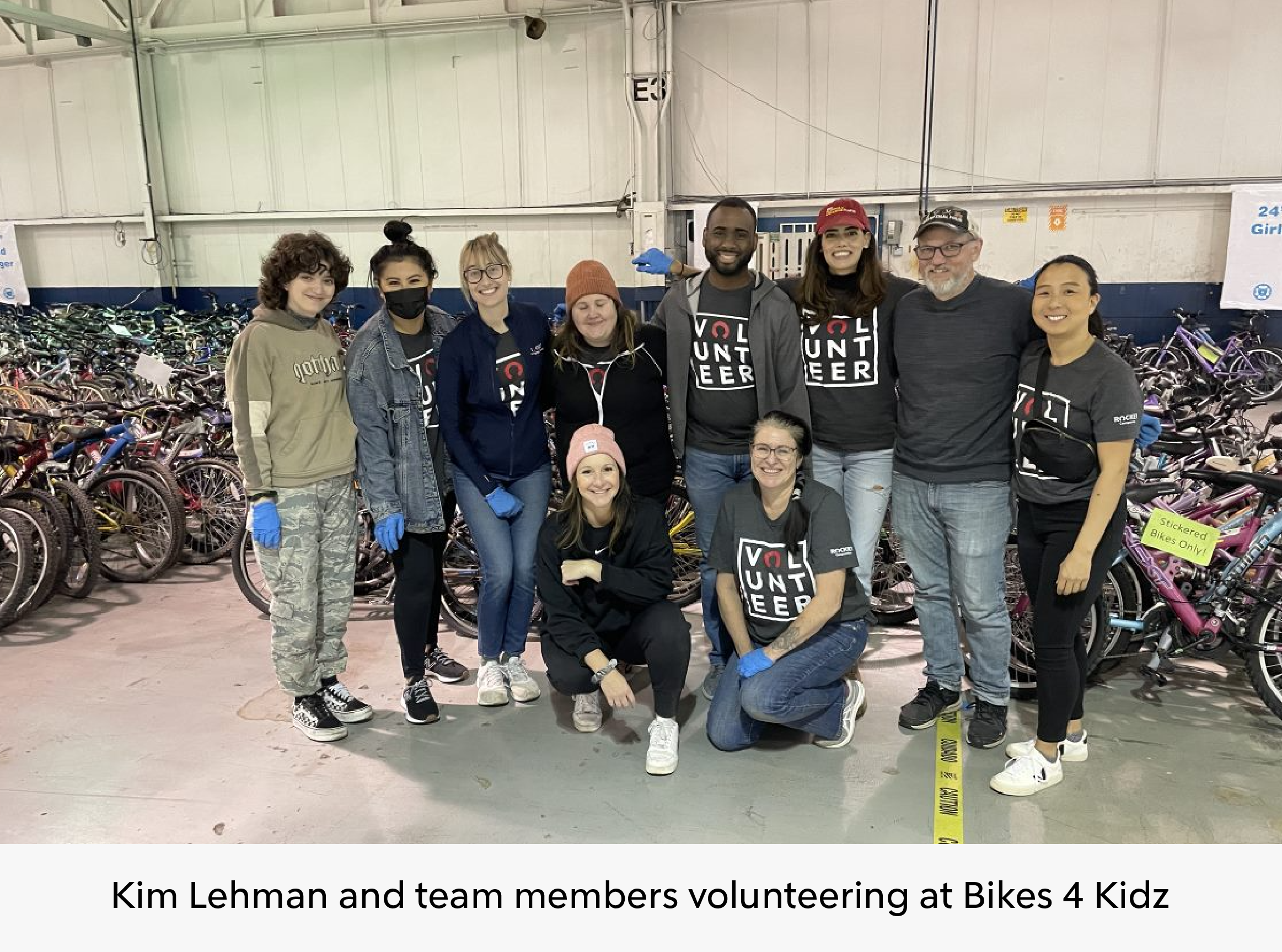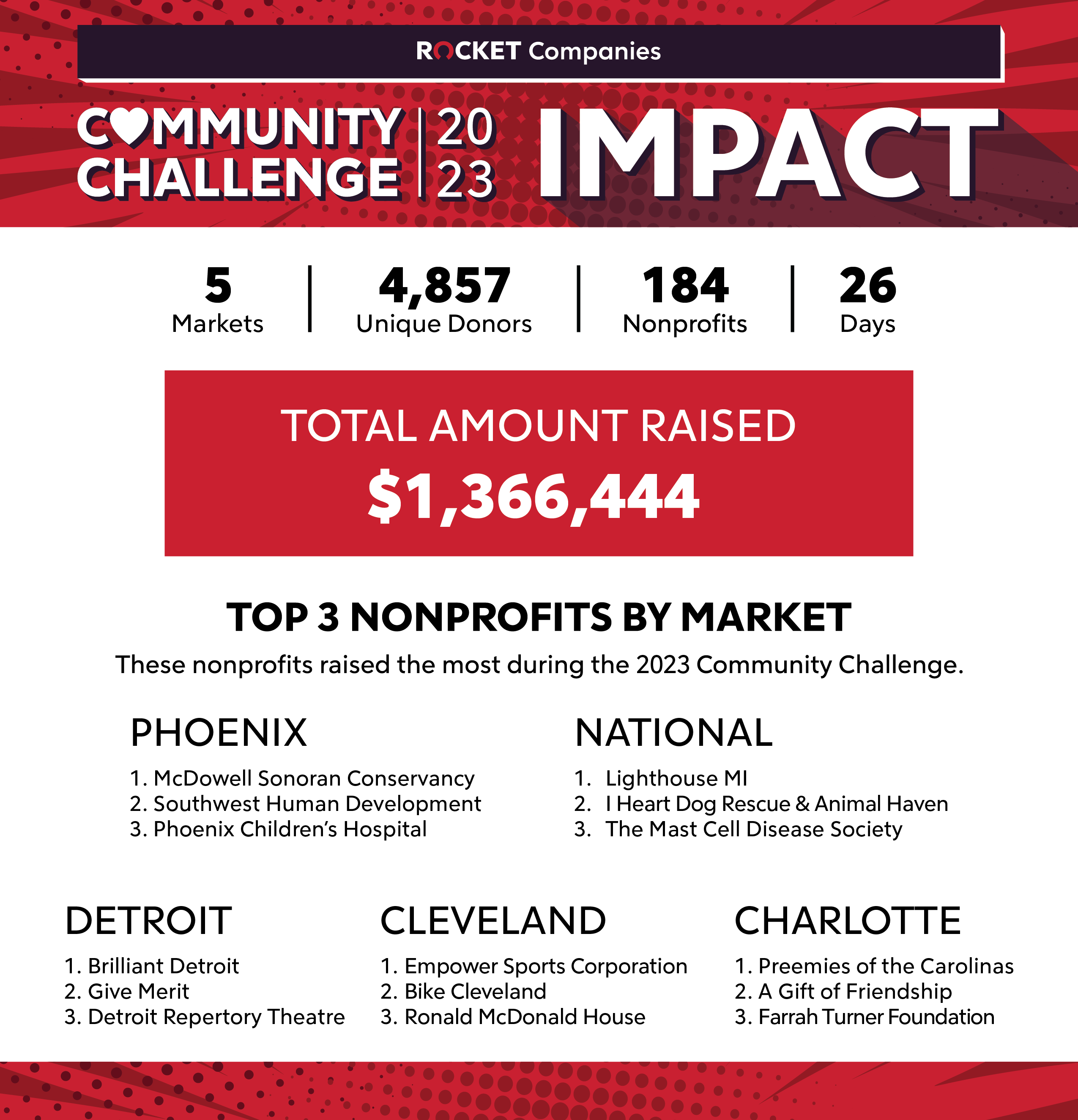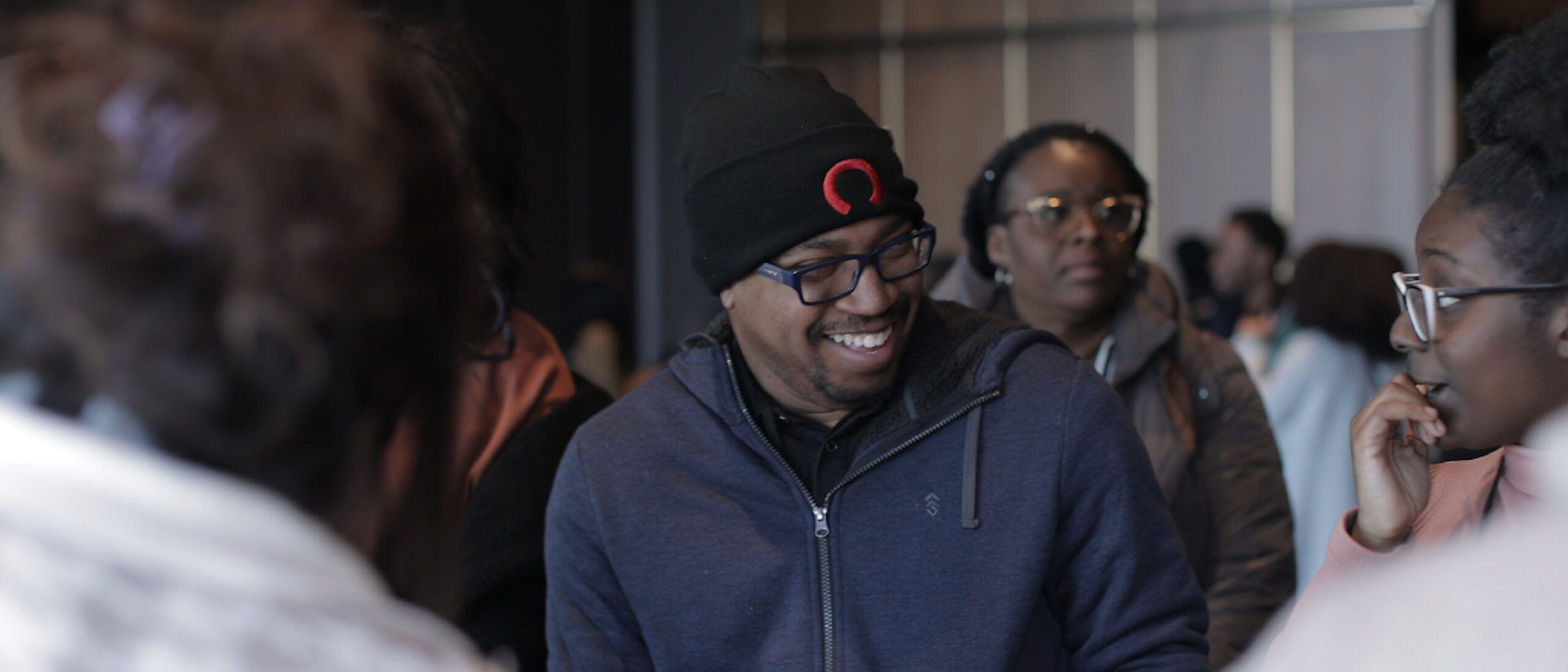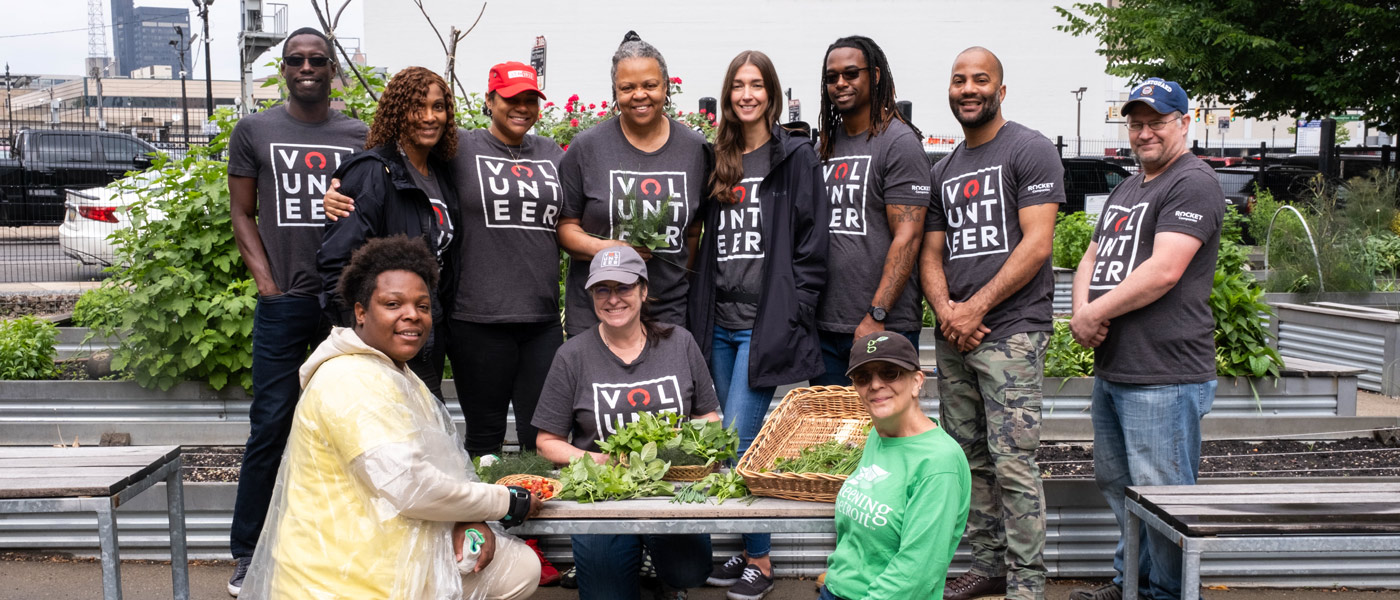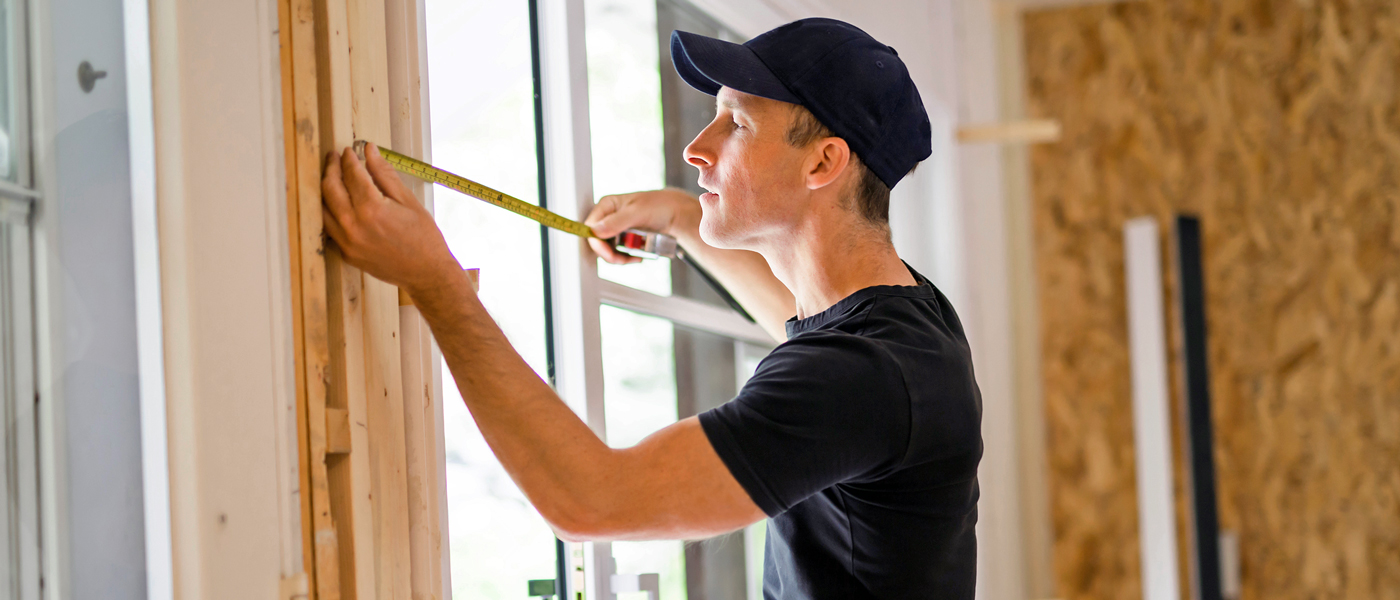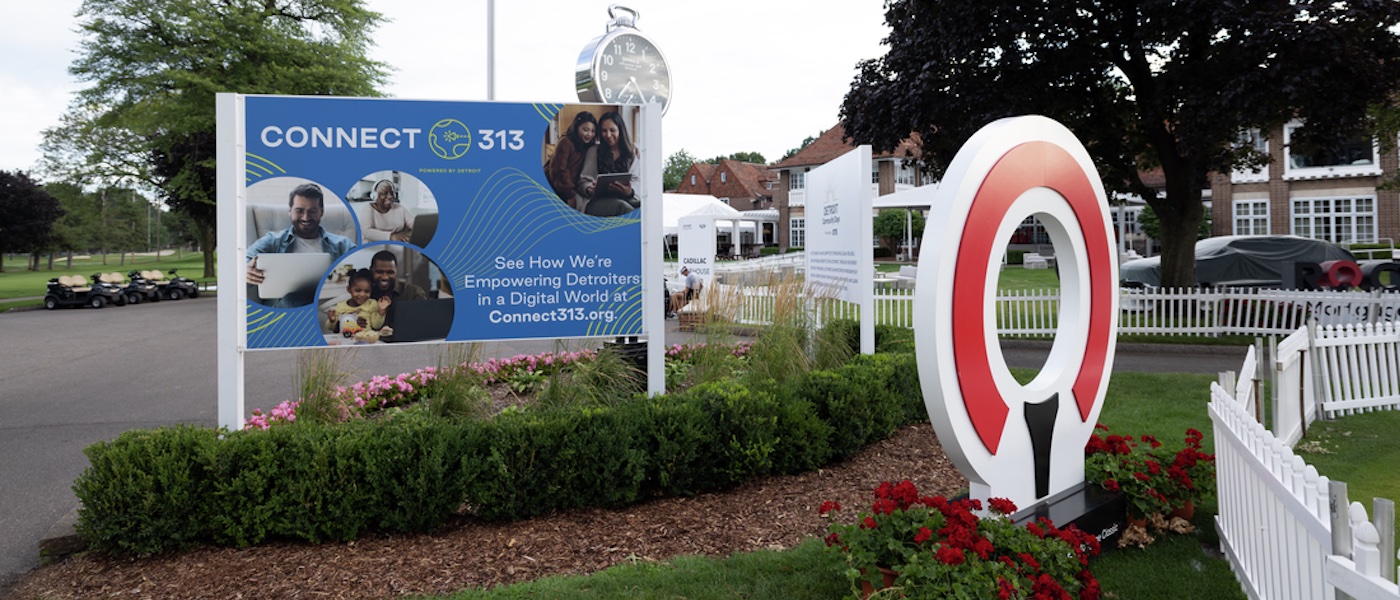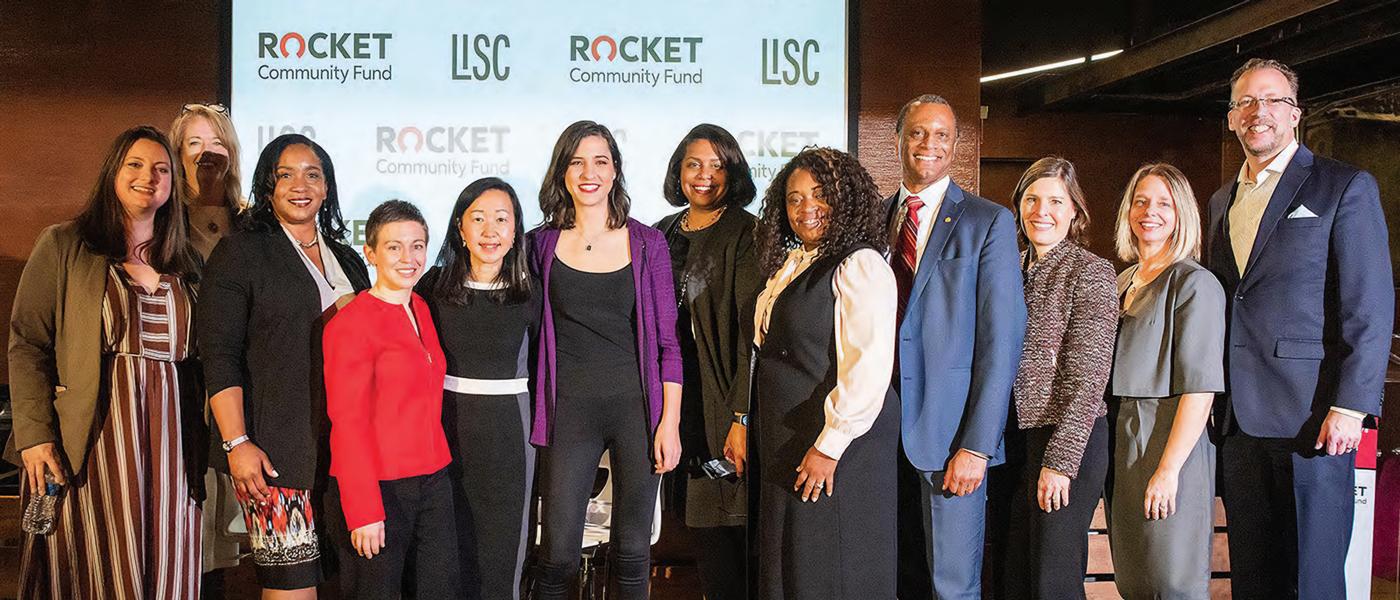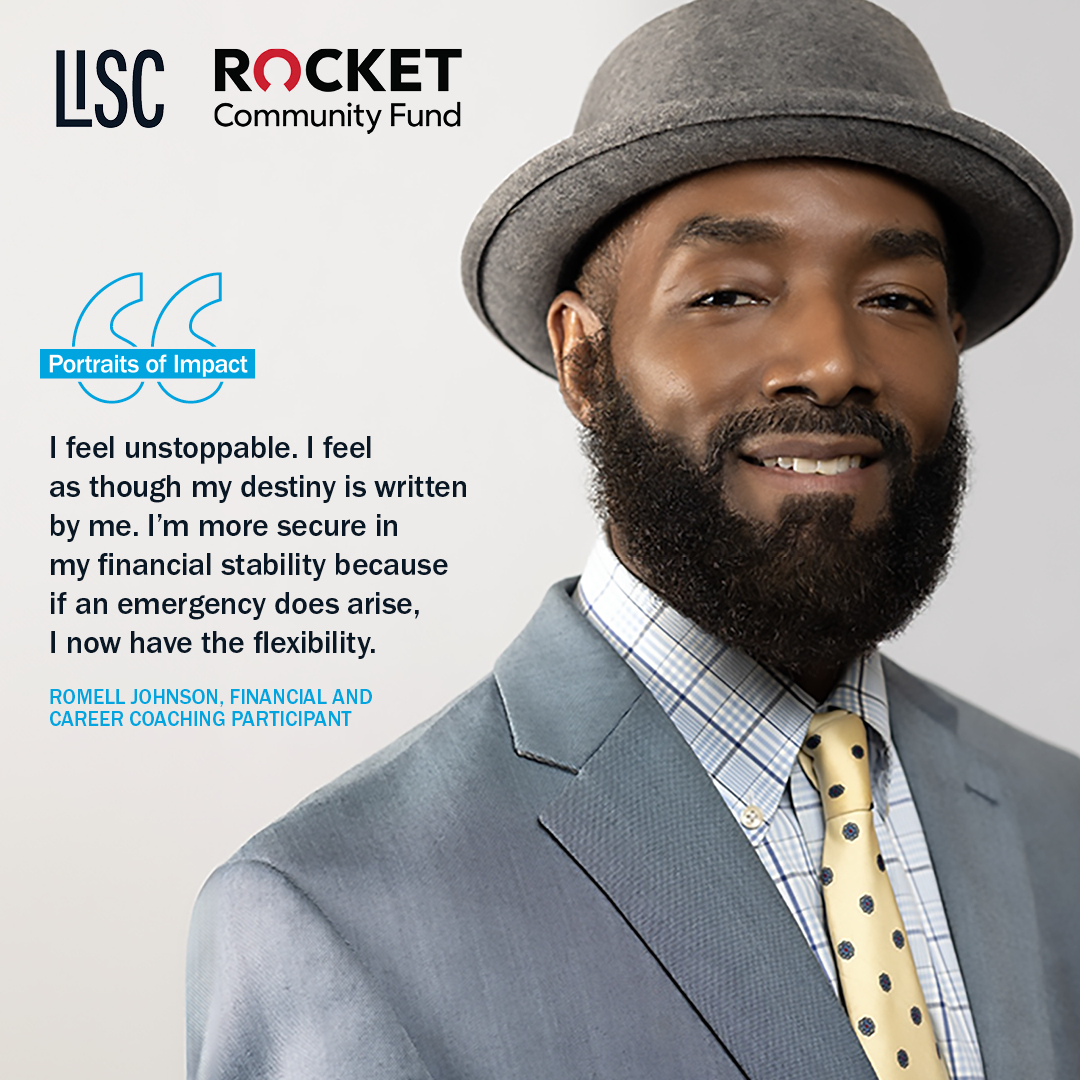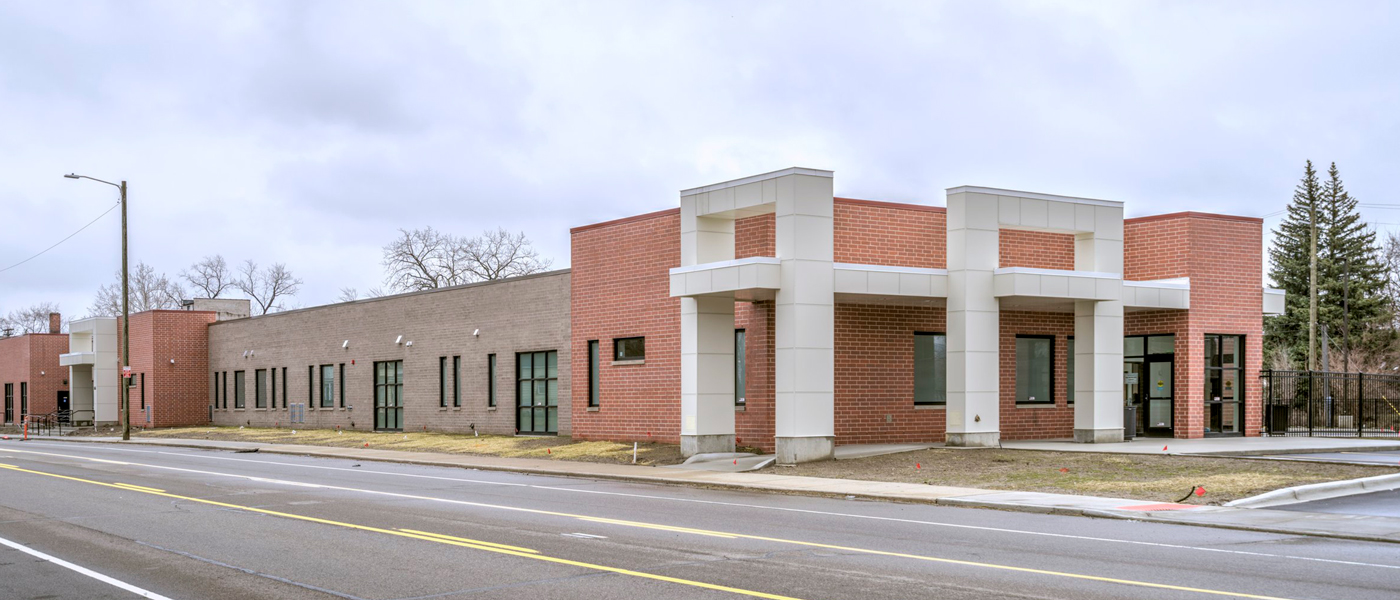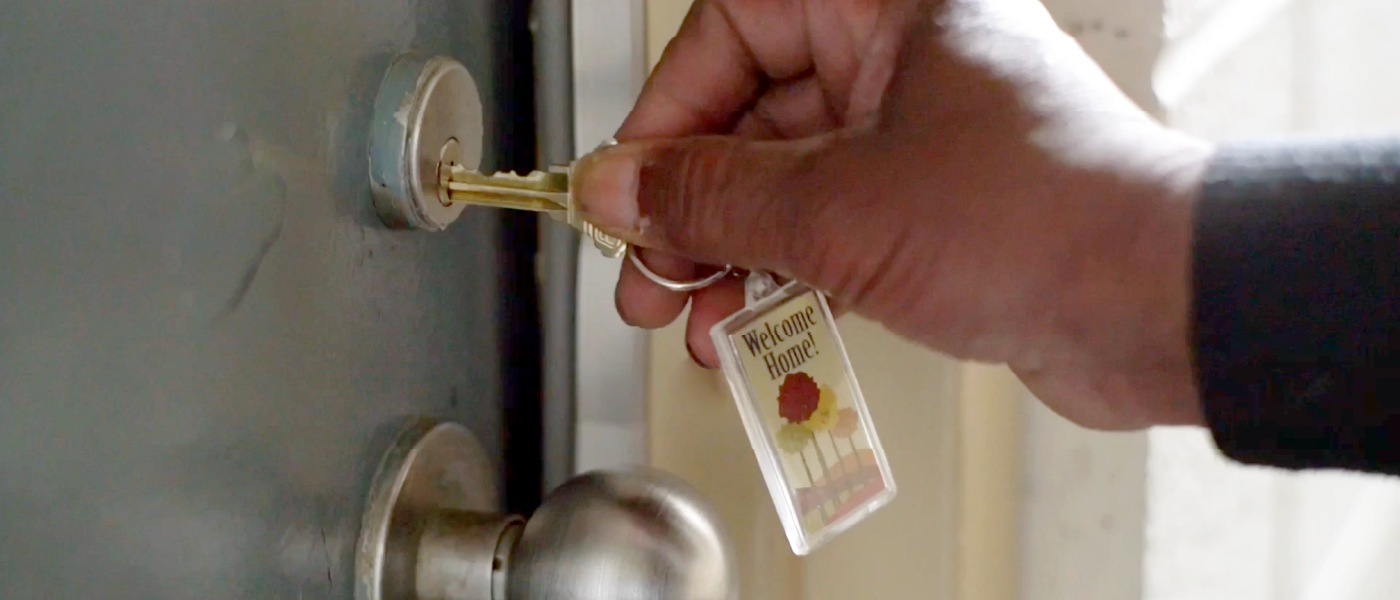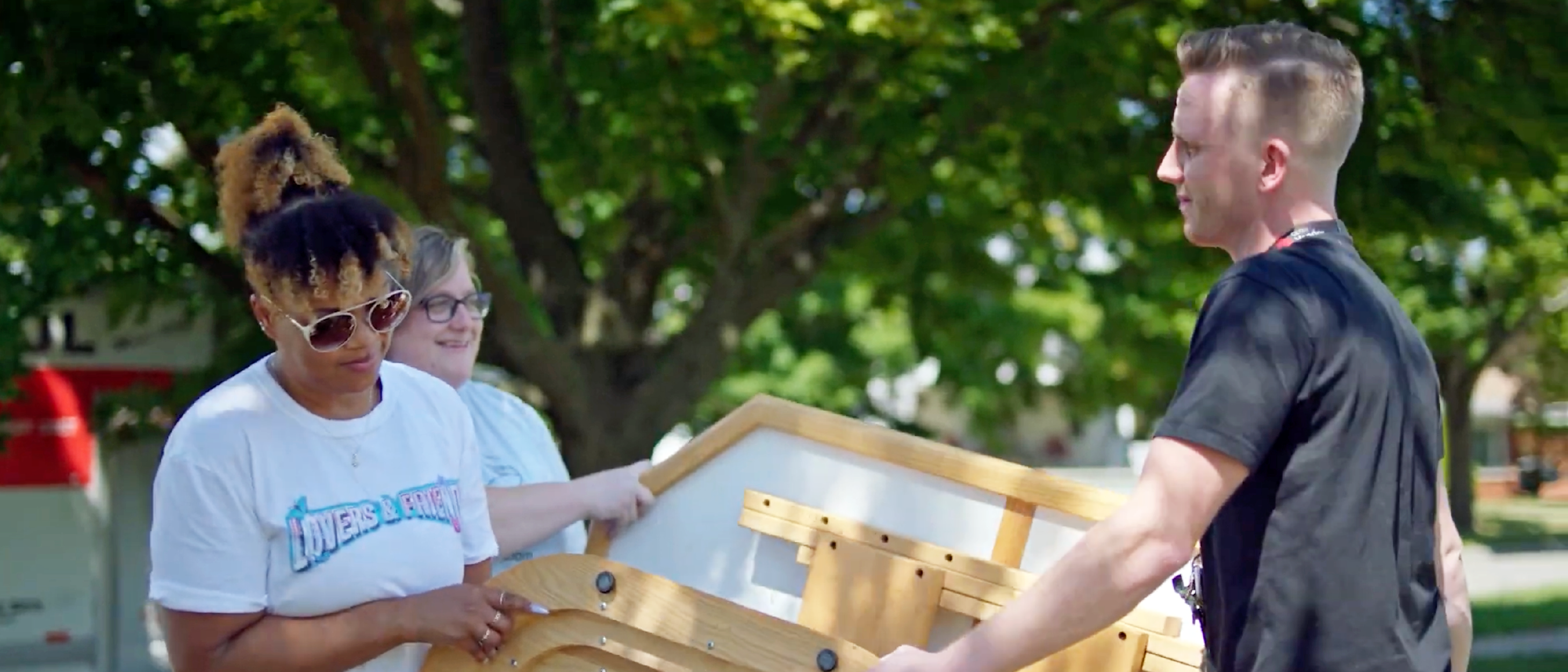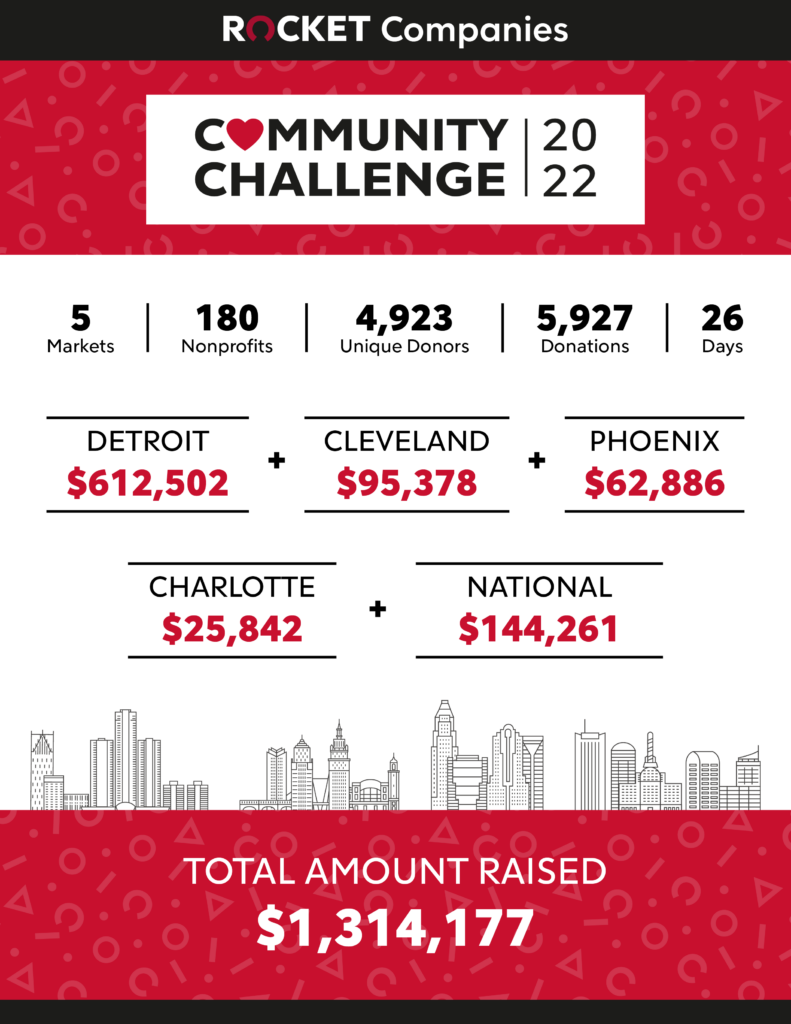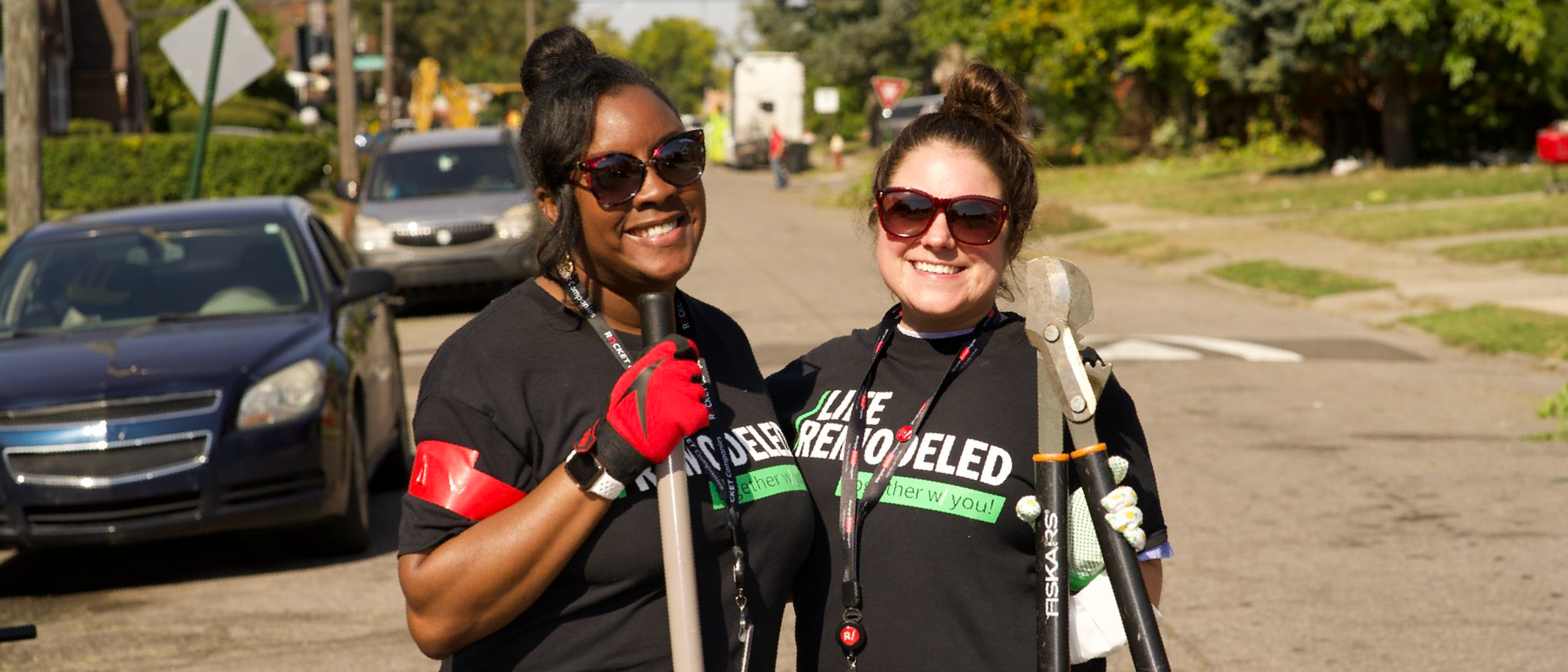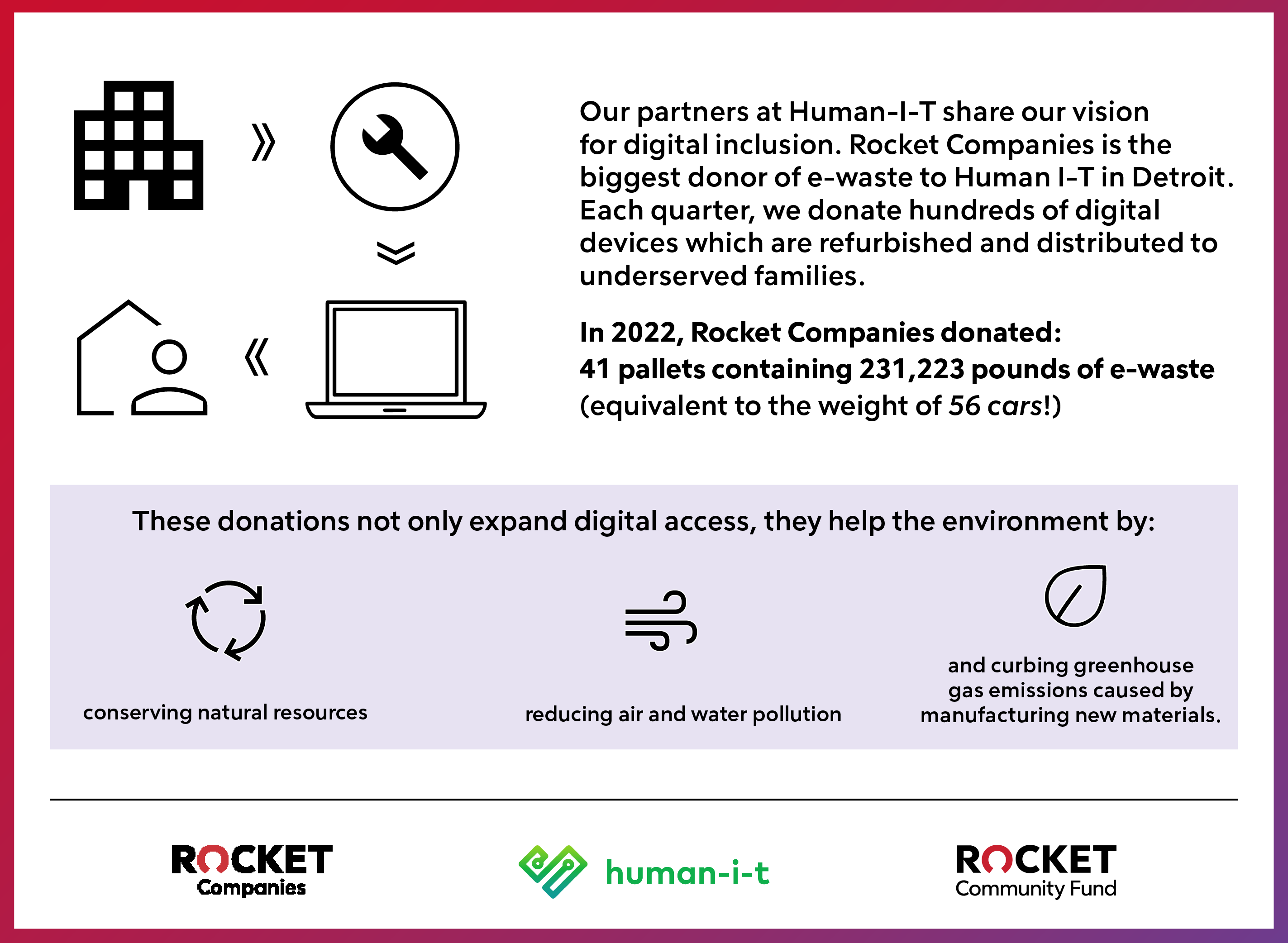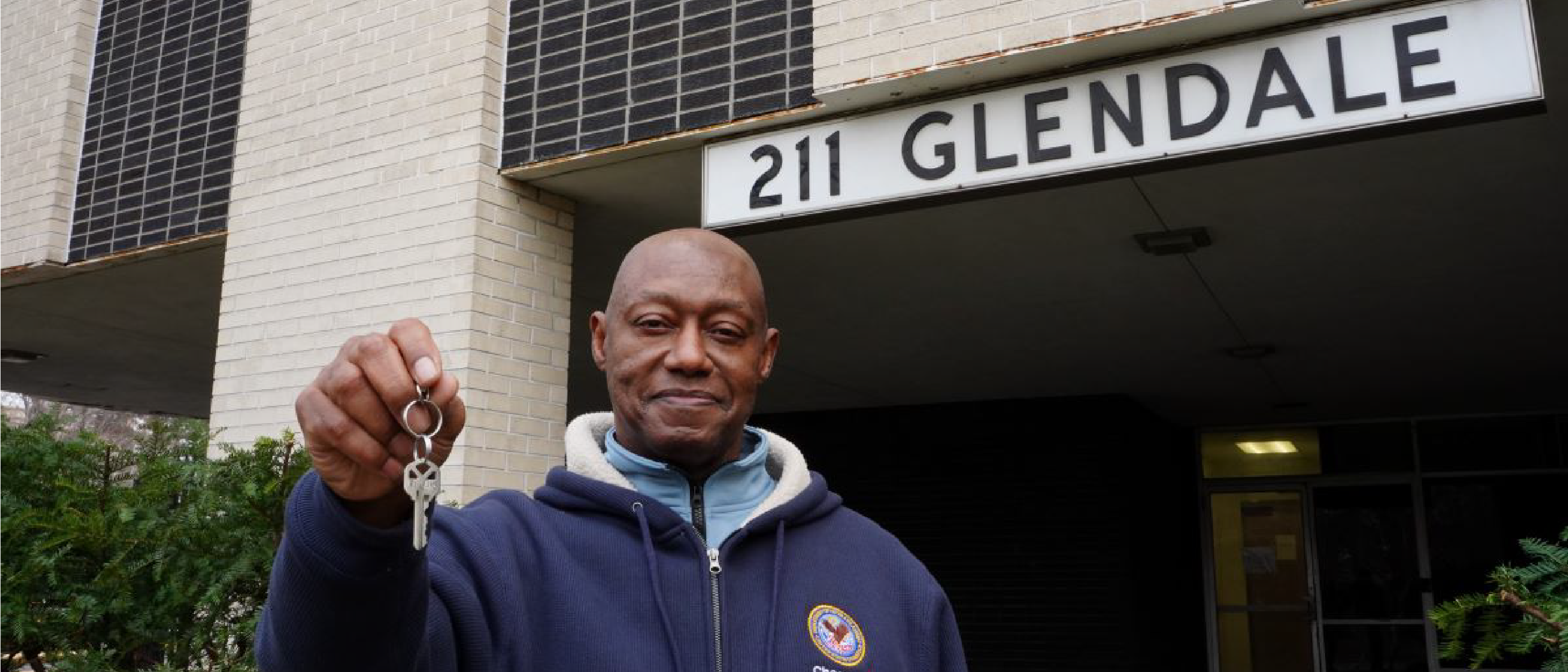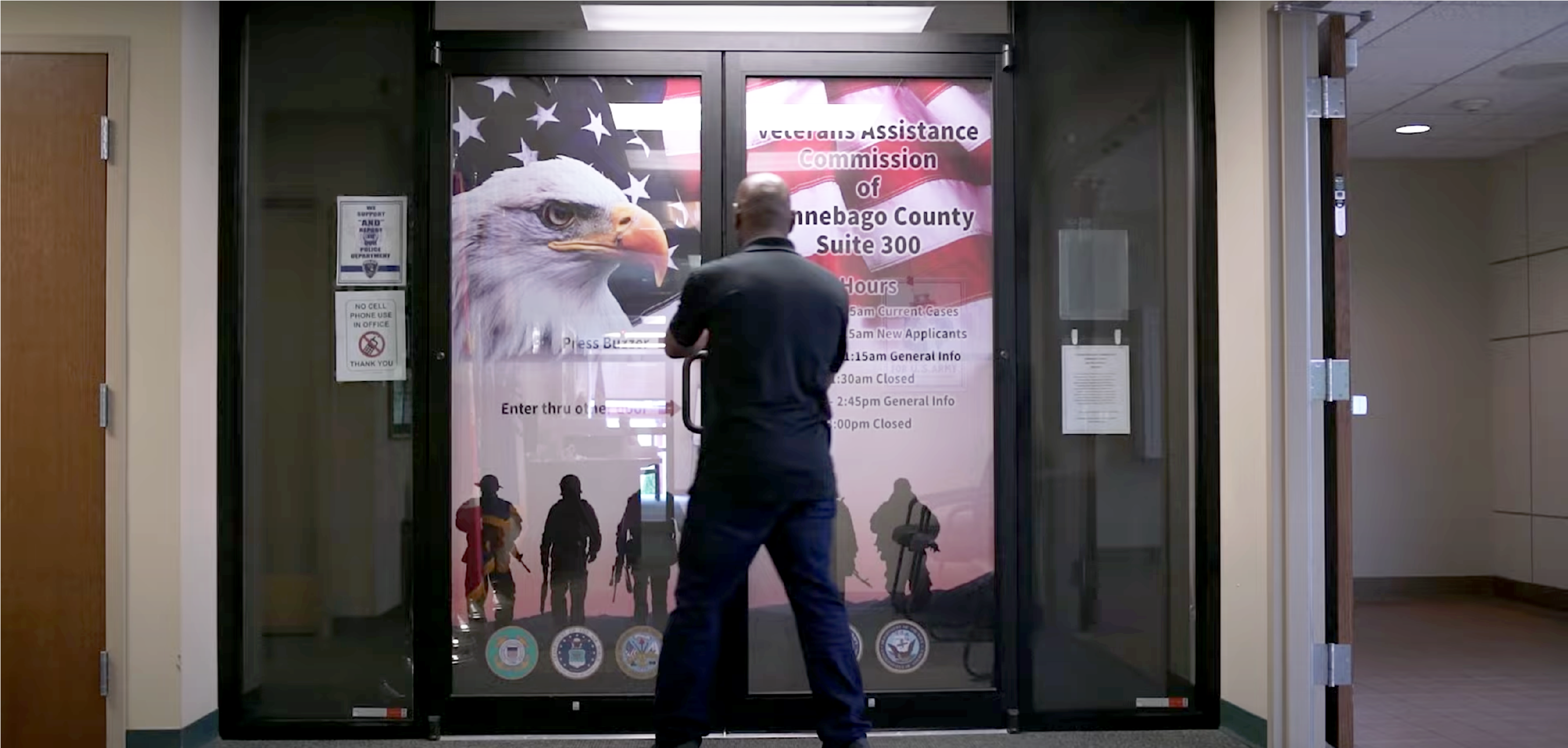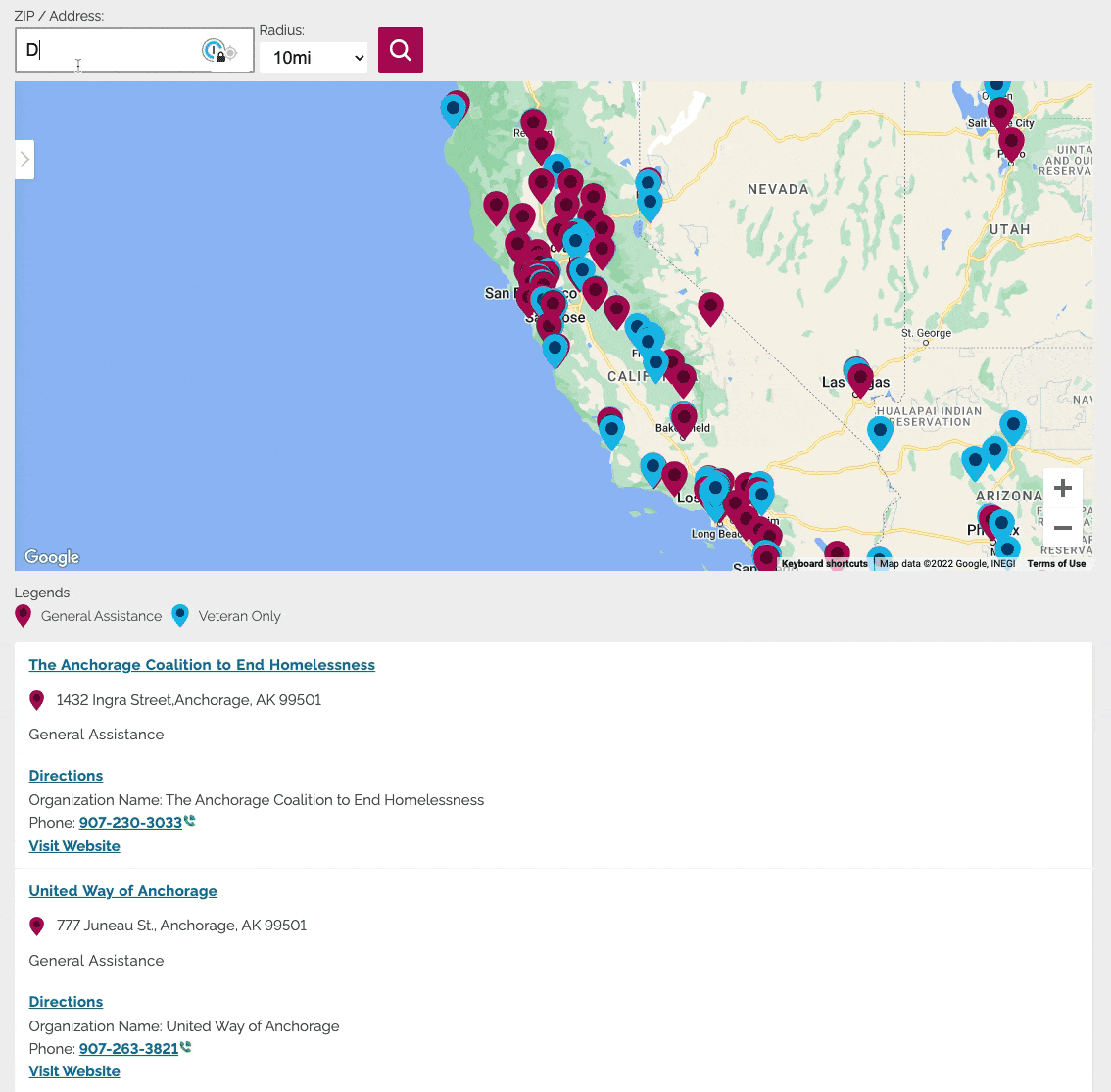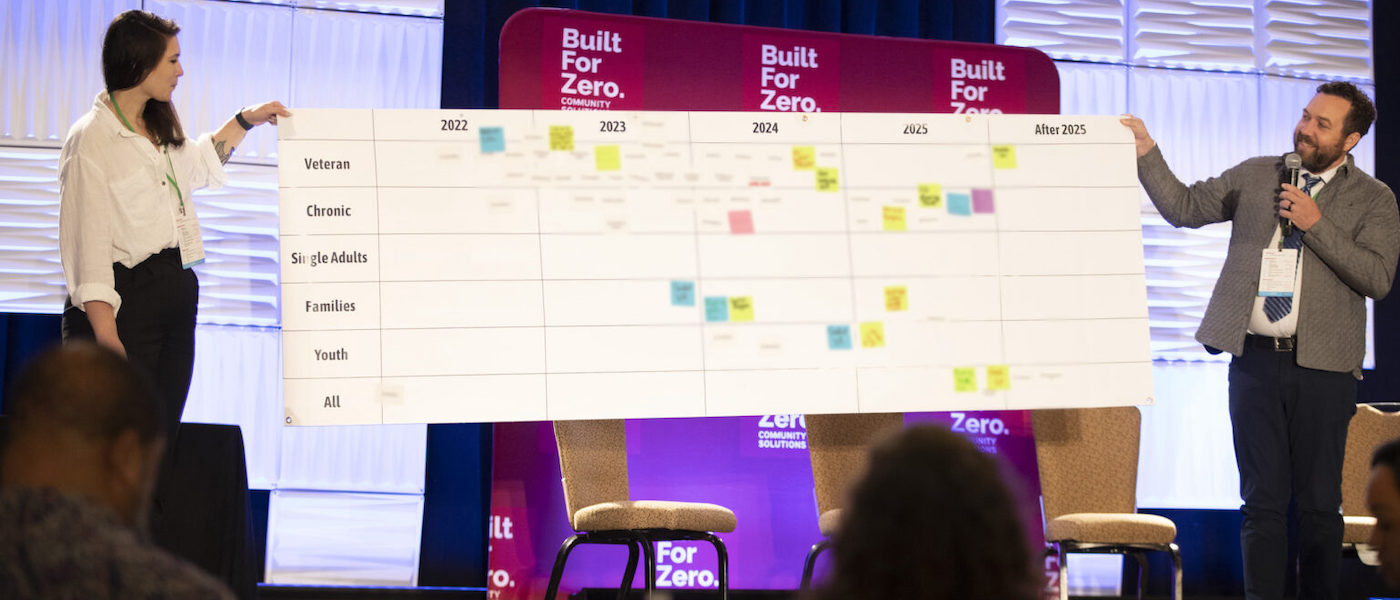Briana Mason brings over a decade of community development experience to her role as Senior Program Manager of Housing Stability at Rocket Community Fund, where she focuses on eliminating barriers to homeownership across the Midwest. In this edition of 5 Questions, Mason shares insights on effective interventions, scaling successful programs like the Detroit Home Repair Fund, and the importance of building housing solutions in partnership with the communities we serve.

Rocket Community Fund: What excited you about the role at Rocket Community Fund and our strategy for stabilizing housing?
Briana Mason: Housing is a universal need and a human right. I’ve been working in community development for over 10 years, and this is not a new notion or fad. Detroiters need housing – quality and affordable housing. Building coalitions nationwide to address barriers in the Midwest is my goal and this role allows me the flexibility to grant to organizations regionally who share the same values the support they need to address housing needs. The housing stability team is awesome, and everyone is so knowledgeable and committed to finding solutions to help residents.
RCF: Drawing from your experience at Enterprise Community Partners, what are some of the most effective housing stability interventions you’ve seen implemented, and how are you adapting or scaling those approaches through your work with the Rocket Community Fund?
BM: Some of the most innovative interventions come from those who know the lay of the land the best. One of my first interactions with Rocket Community Fund happened at Enterprise with the creation of the Detroit Home Repair Fund. Rocket Community Fund was an initial thought partner and funded supporting elements of the fund. The need for home repair in Detroit is huge and this initiative opened nearly $20 million in funding to address critical home repair needs here in Detroit with the support of Gilbert Family Foundation. While this work is far from complete and many residents are still in need of home repair support, DHRF has so far helped repair over 434 homes, and supported $15.6 million in direct repair costs. I hope that this work is scaled beyond our region.
In relation to my work here at Rocket, I have been tasked with eliminating barriers to homeownership. Common barriers include the need to decrease the debt-to-income ratio, increase creditworthiness, and identify potential barriers that prohibit access to housing products. To combat the debt-to-income ratio, I am continuing our support of the LISC Rocket Wealth Accelerator program that was initially led by Rob Lockett during his time here at Rocket Community Fund. In the past three months I have focused on increasing creditworthiness for low-to-moderate-income buyers. Due to new federal policies related to credit scores and the adoption of Vantage Score 4.0, we feel that education about rent reporting as a pathway to homeownership is important. We are in the process of granting an organization (Credit Builders Alliance) that will provide more insight into positive rent reporting statewide to nonprofit housing providers as it can potentially increase credit scores for Michigan and Ohio renters.
RCF: Detroit faces unique housing challenges, from affordability to neighborhood revitalization. What specific strategies is the Housing Stability Team employing to address these challenges, and how do you ensure that long-term residents benefit from housing investments rather than being displaced by them?
BM: In my role here at Rocket Community Fund we are looking at whether it is possible to standardize downpayment assistance to support access to homeownership regionally. This is important as downpayment assistance may vary by city or state. We want everyone to be able to purchase a home if they choose, and not be forced to jump through a million hoops to get there. Clearing the path to resources for future homebuyers is the goal.
Our team wants to expand both the Homeowners Property Exemption program (HOPE, which is run by the City of Detroit with support from the Gilbert Family Foundation), to other parts of Michigan, and probate research to cities like Cleveland. We are also identifying ways to support the increase in housing supply. We want to increase transparency around land contracts to make sure more resources exist for people who are under them. All these programs are critical for Detroit residents who have weathered through foreclosure, bankruptcy, the recession, aging housing stock with a lack of home repair resources, and other challenges.
The key to ensuring that residents benefit from housing investments is making sure that the programs being developed are built in partnership with the people they hope to serve. Programs and initiatives that we fund at Rocket Community Fund tie directly to the issues people are facing. Residents of all backgrounds and means should be able to thrive here in Detroit, and it is our collective responsibility as a community to contribute to that success.
RCF: Looking beyond Detroit, what do you see as the most promising trends or innovations in housing stability programming nationwide? Are there particular models or approaches that you believe could be replicated in other cities facing similar challenges?
BM: Through my previous experiences at Enterprise, I’ve seen several promising innovations in housing across the nation. To address housing supply, we are seeing more awareness about building safe and efficient homes that are sustainable with factory built manufactured housing in Michigan, Indiana, Pennsylvania, and Texas (Ginosko, Ritz-Craft, and Clayton Homes). We’ve seen communities establish community land trusts to ensure that aging adults can ensure their legacy is passed on to community members and maintain affordable housing and commercial spaces (for example, in the Rondo Community in St. Paul, Minnesota, through the Rondo Community Land Trust). We’ve also seen the intentionality of building quality affordable and market rate homes side by side with the same level of finishings in New Orleans (People’s Housing Plus). Some of these models have been explored and considered here by community development organizations. Though it’s not a one size fits all solution, being open to new ideas can quite literally open doors to better support for our communities.
One strategy I believe would be helpful is the Community Investment Tax Credit. In Boston this tax credit provides donors with a 50% tax credit or gift amount that fuels the work of more than 30 Community Development Corporations across Massachusetts. Based on their 2024 Legislative Report it was mentioned that several organizations were able to create or preserve 1,233 homes. The program has also created jobs and assisted families across the state with over $1.29 billion in local communities. I believe this can be replicated here in Michigan.
RCF: You love to travel. What’s something you like to do or see on your adventures?
BM: I love to find one unique thing to do when I travel places. Whether that means visiting the Vue Observation deck in New Orleans or Big Hoops to Fill art installation in Boston I always make my way to something memorable. Many of my friends and colleagues ask about my unique adventures and if we are traveling together, they often will go with me. There have been plenty of night adventures with colleagues after a conference or event. One of my favorites was visiting my best friend in Hawaii and hiking to Lanikai pillbox. We hung out over an old World War II fort looking out into the ocean. It was my first hike, and it had a spectacular view. It also encouraged me to want to go on another hike. I enjoy these experiences and encourage everyone to try them out, especially if you are in an unfamiliar place.



